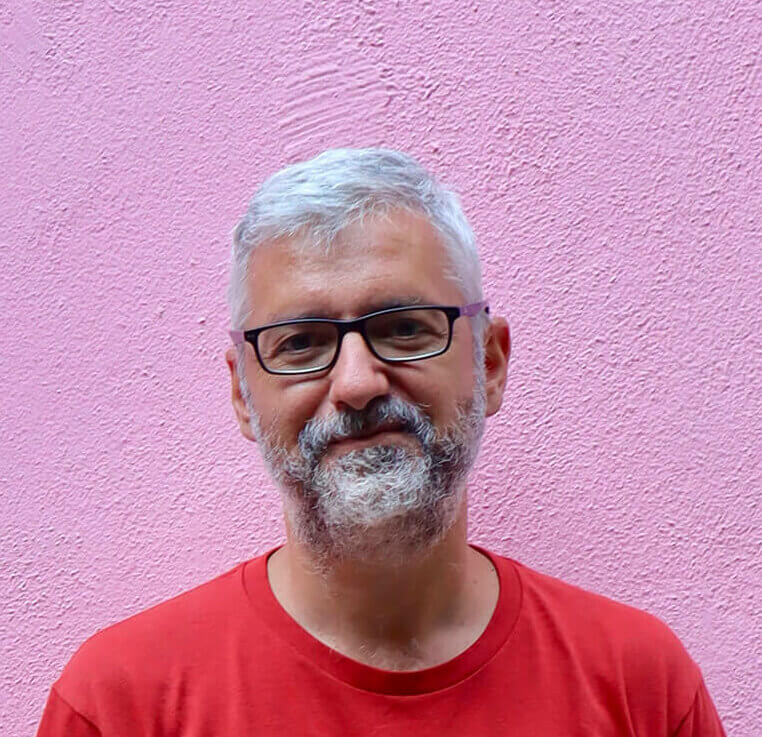Ετούτο εδώ το κείμενο από τους Financial Times που μου έστειλε η αναγνώστρια Μαριάννα μιλάει για το τί σημαίνει πτώχευση μέσα από την εμπειρία της Αργεντινής και για το πώς η ευκατάστατη μέση τάξη εκείνης της χώρας είδε ξαφνικά και απροσδόκητα τη ζωή της να αλλάζει ολοκληρωτικά. Δε θα σου πω ψέματα: Το κείμενο είναι ικανό να σε κάνει να κουλουριαστείς σε μια μπαλίτσα, να χωθείς σε μια γωνίτσα και να κλαις με αναφιλητά μέχρι να έρθει κάποιος (οποιοσδήποτε) να σου πει τσώπα-τσώπα, όλα καλά θα πάνε, αν και θα ξέρεις ότι τίποτα δεν θα πάει πια καλά, ποτέ ξανά.
There are two basic ways to live: in the first world, or in the third. If the Greeks devalue and default, they might discover what it’s like when the trapdoor opens and you plunge from one world into the other. When you fall, your life changes in ways small and big, and so does your worldview.
(…)Every day in Buenos Aires I heard stories of middle-class people who had fallen through the trapdoor. There was the former architect who now sold eggs from her kitchen table. There was the British immigrant who regretted having chosen Argentina 40 years before. There was the 71-year-old once-rich businessman with a second home in the Uruguayan resort of Punta del Este who was now earning $120 a month as an exterminator. (He aimed to be financially self-sufficient again by age 80.) And there was my Argentine friend who lost her mother. The mother, a nurse, had fallen ill, deteriorated, and then died without ever being diagnosed. Afterwards, my friend deduced that she had had a brain trauma. Being a nurse, the mother had apparently diagnosed it herself, decided that treatment would be too expensive, and quietly died.
Καλό Σαββατοκύριακο
Θυμήσου:
Άλλο ένα κείμενο για το παράδειγμα της Αργεντινής
Κι άλλο ένα
